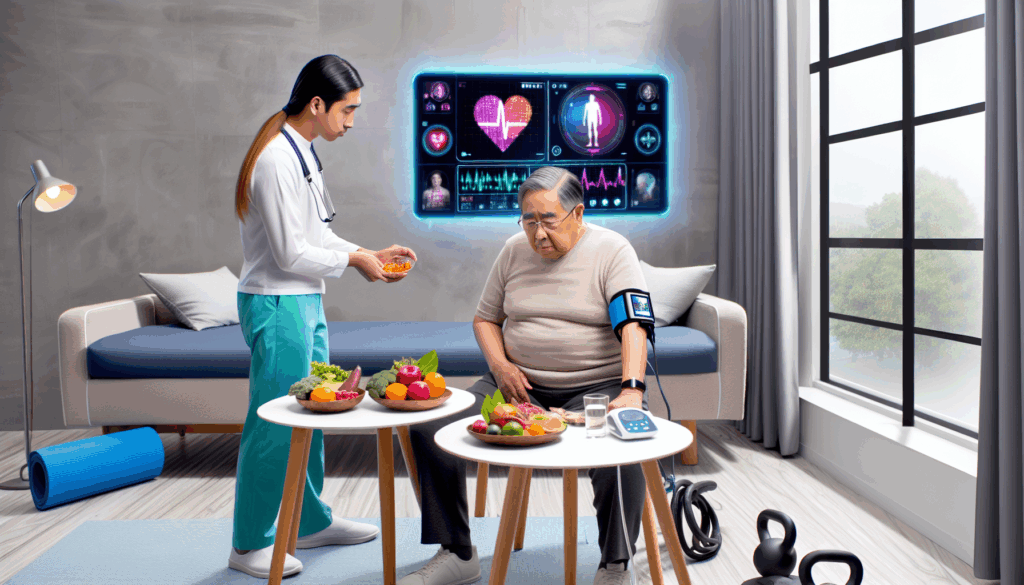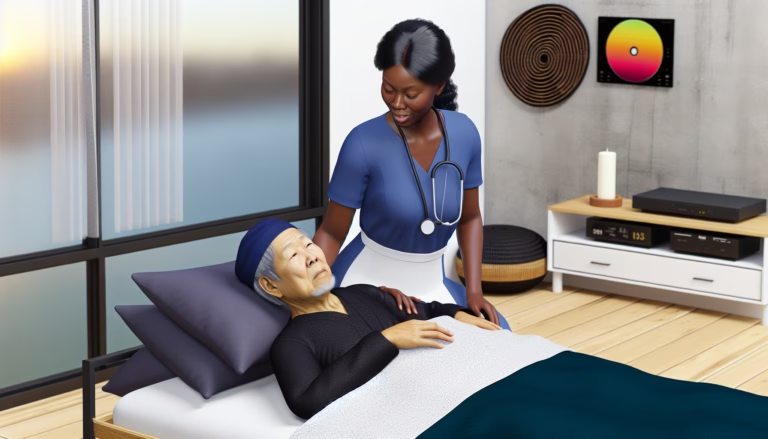Living in an era of unprecedented medical advancements, there is an emerging trend for healthcare solutions to be provided right at the comfort of our homes. Home healthcare is becoming an extremely viable option for patients seeking personalized care within their familiar environment, especially those with chronic illnesses requiring long-term care and management. This article will delve into key insights about home health care and provide essential tips on how to optimally manage chronic conditions from home.
Firstly, being at home allows for personalized care that caters for the unique needs and preferences of the patient. Home healthcare providers work with the patient’s primary care physician to develop a tailored care plan which respects individual needs and respects autonomy. This truly patient-centered approach reduces the risk of institutional-acquired infections and facilitates quicker recovery, as reported by the National Association for Home Care and Hospice.
The holistic nature of home healthcare goes beyond just medical care – it incorporates aspects of social, psychological, and emotional well-being too. With the support of home health aides, patients also receive assistance with daily activities like feeding, bathing, and medication management, enhancing their quality of life and freeing caregivers’ time for other responsibilities.
The management of chronic illnesses at home is multifaceted, ranging from regular health monitoring to medication management and lifestyle changes. A key component is patient education about their specific condition and prescribed medications. Understanding how their medication works, knowing the correct dosage and timings, and being aware of possible side effects are integral practices in effective home healthcare. Advanced technologies such as telemonitoring systems and mobile health applications play an invaluable role in promoting self-management behaviors and adherence to therapy.
Adjusting lifestyle habits is a powerful tool for managing chronic conditions. A healthy lifestyle encompasses a balanced diet, regular physical activity, adequate sleep, and stress management. These not only help in managing the illness but also contribute to overall well-being, boosting the mind-body connection and fostering resilience. While making these changes may seem daunting, home healthcare professionals provide the necessary support to effect these changes smoothly and sustainably.
Conclusion
As healthcare systems evolve, home healthcare offers an efficient and effective solution to care for patients with chronic illnesses. Its comprehensive approach, incorporating personalized medical care, assistance with daily activities, and lifestyle modifications, greatly enhances the quality of life for patients and their caregivers. Open communication with healthcare providers, commitment to self-care, and a supportive home environment are key for successful home health management.



